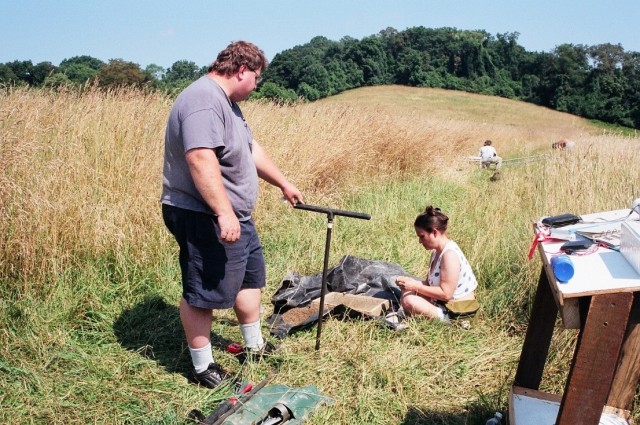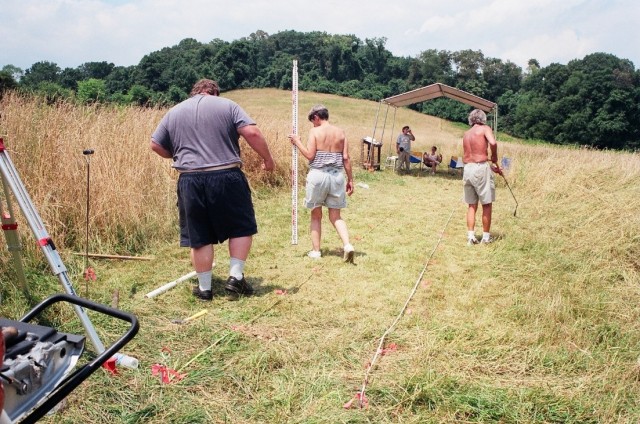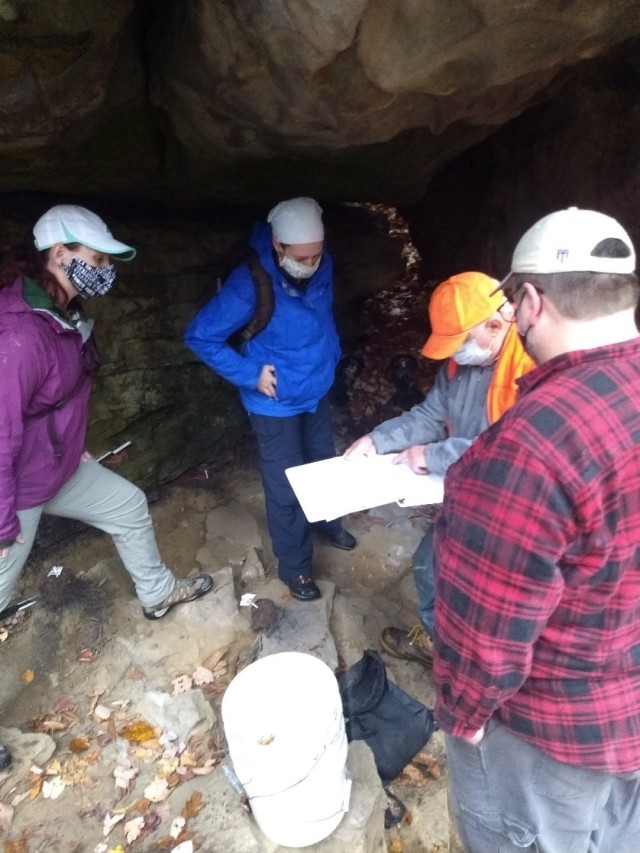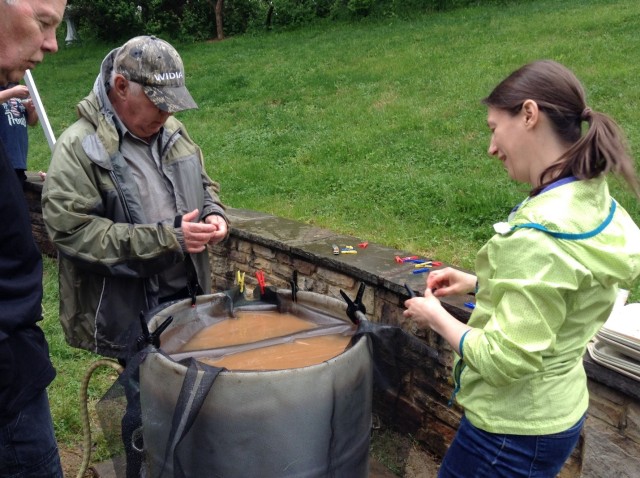The Pennsylvania Archaeological Council (PAC) is an organization of professional archaeologists from all over the State dedicated to education, consultation, ethics, and advocation of Pennsylvania archaeology. The PAC works to advise policy and legislative interests in the commonwealth as well as provide consultation with the Pennsylvania Department of Transportation. Anyone with a graduate degree in anthropology, archaeology, or a similar subject is encouraged to apply. Recently this membership has been expanded to include those with extensive experience and PAC has taken an interest in student membership. Check out this website for more information.

For anyone interested in local archaeology, the Society for Pennsylvania Archaeology (SPA) exists alongside PAC. Anyone is welcome to join this special interest group that is made up of regional chapters. Established in 1929, the goals of SPA include; promoting the study of archaeological resources in PA, discouraging irresponsible exploration, connecting avocational and professionals, and promoting the conservation of sites, artifacts, and information. To disseminate information, the SPA facilitates one of the oldest State Archaeology Journals, Pennsylvania Archaeologist. 83 years of the publication are available for purchase on the website.
The Society for Pennsylvania Archaeology, Inc., the parent archaeological society, meets annually at announced places. Membership in the SPA is highly recommended. Dues are $30 per year for individuals. Membership entitles one to receive The Pennsylvania Archaeologist twice a year. For those interested in taking an active role, the SPA is made up of many individuals from regional chapters. I’ve decided to highlight two of those chapters in this blog. To find your regional chapter visit pennsylvaniaarchaeology.com/Chapters.htm
If you live in Pittsburgh, our local chapter is called Allegheny Chapter #1. We meet the first Tuesday of every month at 7:30 p.m. Due to the pandemic, this is currently done virtually. For membership information contact Amanda Valko at amanda@quemahoning.com The chapters take an active approach by conducting investigations of sites in their region. The Allegheny Chapter started working on a local site called the Hatfield site back in July of 2007. The first thing we did was set up a grid and took some geomorphology samples under the direction of Brian Fritz.


The Allegheny Chapter is hoping to produce a report of these excavations soon. Hopefully we can get the Chapter together over the summer to work with the artifacts and start the whole report preparation process.
Southeast of Allegheny County, the Westmoreland Archaeological Society Chapter #23 used to meet on Wednesdays, but due to the pandemic are following an erratic schedule. For membership information contact Jim Barno at bar3686@calu.edu (Jim Barno is a dedicated volunteer in the section of Anthropology at CMNH.)
Chapter #23 was actively engaged in 16 years of excavation at the Console Site, which was an important Monongahela Site. They reach out to the students and faculty at the Indiana University of Pennsylvania encouraging them to become involved with the Westmoreland Archaeological Society by participating in various public events such as artifact displays and colloquiums held at the IUP campus, Fort Necessity National Battlefield, Green County Historical Society as well as local community events such the Derry Agricultural Fair.
IUP students are actively involved in continuing excavations at the Bergstrom Hollow Rock Shelter Site (weather permitting). The chapter also publishes a monthly newsletter called The Trowel that has interesting archaeological subject material as well as listings of local archaeological events and now Zoom links for folks interested in these types of activities.


Remember to always report archaeological finds to the State Historic Preservation Office! Follow the guidelines specified in the links below.
PA SHPO/State Museum of PA: Instructions for Recording Archaeological Sites in Pennsylvania
Amy L. Covell-Murthy is Archaeology Collection Manager at Carnegie Museum of Natural History as well as a member of the SPA Allegheny Chapter 1, and a recently elected executive board member of the PAC. Museum employees are encouraged to blog about their unique experiences and knowledge gained from working at the museum.
